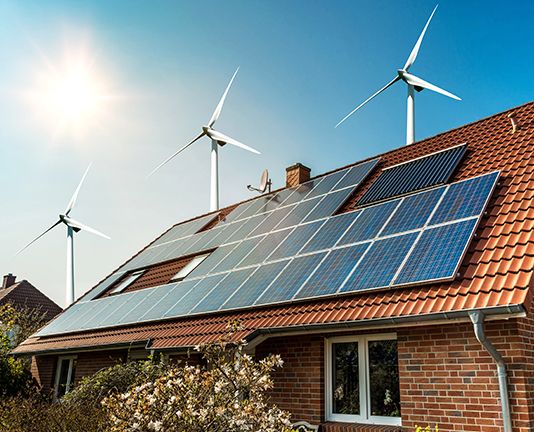According to RBI Monetary Policy Committee (MPC) member Jayanth R Varma, India’s economic development appears to be “extremely unstable” and may not be sufficient for the nation to meet the demands of its expanding workforce.In India, according to Varma, he anticipates that inflation would stay high in 2022–2023 but will sharply decline in 2023–2024. Nevertheless, he said in a statement to PTI, “growth appears to be quite weak, and monetary tightening is reducing demand.”
He went on to explain that growing EMI payments put more strain on household budgets and reduce consumption, and that exports are having trouble in the face of global circumstances. Varma noted that high borrowing rates make private capital investment more challenging, but added that because the government is in the process of fiscal austerity, this source of support for the economy is being lessened. Given our demographic background and income level, he remarked, “I fear that growth may fall short of what we need to meet the aspirations of our rising workforce.”
The Reserve Bank of India (RBI) forecasts 6.4% GDP growth for India between 2023 and 2024. According to the National Statistics Office’s first advance estimate, the increase of the Gross Domestic Product (GDP) is expected to be 7% in 2022–2023. (NSO). According to the Economic Survey 2022–23, real GDP growth for the upcoming fiscal year is expected to average 6.5%.
Consumer price inflation (CPI) was previously predicted by the RBI to be 6.7% for the current fiscal year. Retail inflation in India was 6.52 percent in January. In response to a query on the Reserve Bank raising the short-term lending rate, Varma suggested that a pause is more appropriate given that the balance of risks has moved towards growth rather than inflation.
“In the unusual scenario of inflation being stubbornly high, more rate hikes could be contemplated at that point in time,” he said, adding that rates are high enough for the MPC to wait and observe how the situation develops. Since May of last year, the Central Bank has gradually increased the short-term lending rate while increasing the repo rate by a total of 250 basis points. The current repo rate is 6.5 percent. When asked what the anticipated effects of the hot weather will be on the wheat crop and food inflation,

